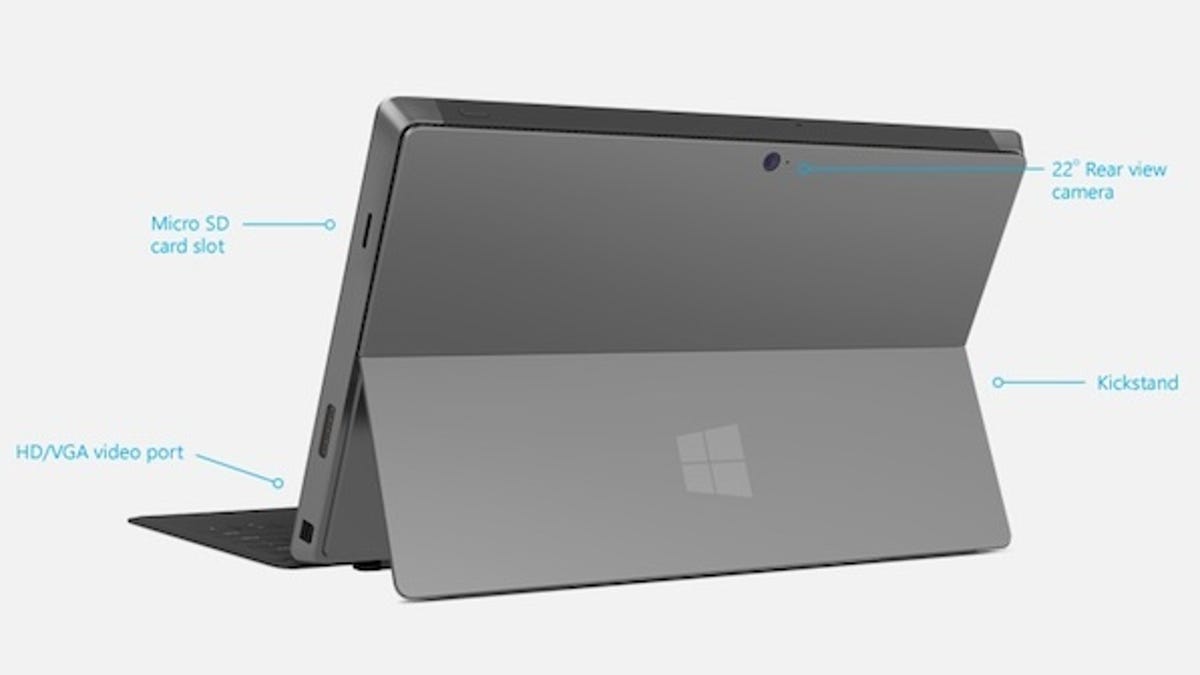Intel to slash power consumption on Ivy Bridge chip
Chip giant plans to make Ivy Bridge more power efficient than the versions that are currently used in the MacBook Air and Windows 8 ultrabooks.

Intel is on a mission to cut the power consumption of its chips. But that's not only future silicon. The current Ivy Bridge chip will get throttled down too.
Intel will cut power consumption "significantly" for future versions of the chip, an industry source familiar with the chipmaker's plans told CNET.
Intel's most power efficient Ivy Bridge chips today -- used widely in Windows ultrabooks and Apple's MacBook Air -- are rated at 17 watts.
A future version of Ivy Bridge would be rated well below this, the source said. Processors able to throttle down to a 10-watt power envelope are likely.
That means that PC makers could theoretically use the chip in tablets. In fact, Microsoft is already slated to use an Ivy Bridge Core i5 chip in its Surface Pro tablet.
But Microsoft is an exception at the moment. Most 10- and 11-inch class Windows 8 tablets and tablet-like products, like HP's Envy x2, opt for Intel's Z2760 system-on-a-chip. Though very power efficient for Intel silicon, the Z2760 falls far short of Ivy Bridge's performance.
That has made some PC makers balk at using the Z series of chips.
Generally, the lower the wattage, the longer the battery life and the thinner the product can become. For example, tablets today built around chips based on the ARM design can be as thin as 0.3 inches and weigh less than a pound. The power consumption on ARM chips is typically rated at below 2 watts and devices with these chips offer all-day, or better, battery life.
While mainstream Intel "x86" chips cannot achieve that level of power efficiency, they are considerably more powerful than ARM processors. And that's one of the reasons that Microsoft chose to come out with two versions of its Surface tablet.
The Surface RT tablet is designed for power-efficient ARM chips running a limited version of Windows 8. The Surface Pro opts for higher performance with Ivy Bridge processors that can run the full Windows 8 Pro version.
Intel is already on the record about pushing down power consumption on future mainstream silicon. The company said in September that its next generation of chips, codenamed Haswell, will be rated as low as 10 watts, slashing power consumption by about 41 percent. And later Haswell chips will be even more power efficient.
The timing of the new Ivy Bridge chips is unknown but don't expect anything this year.

